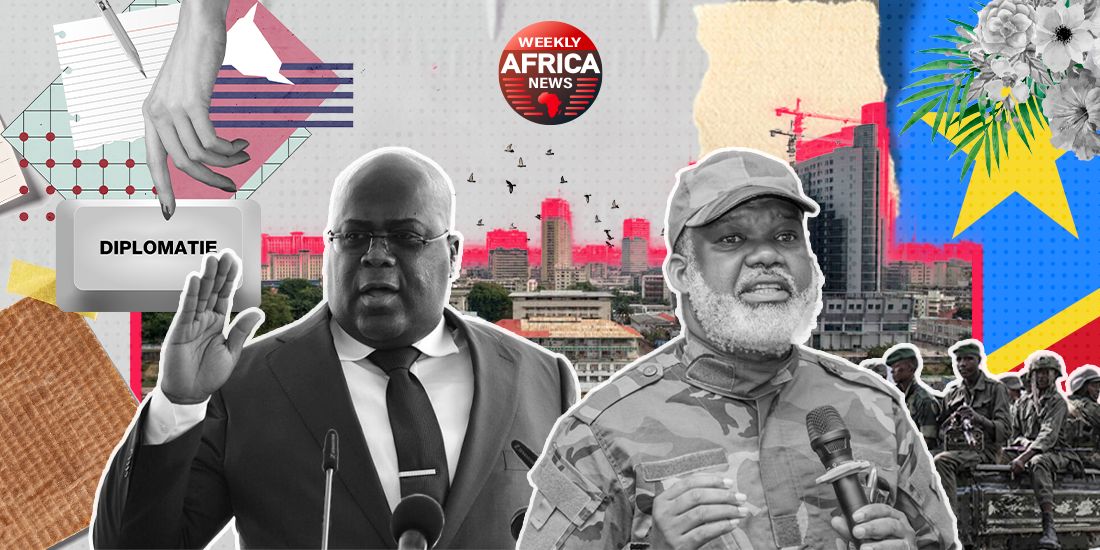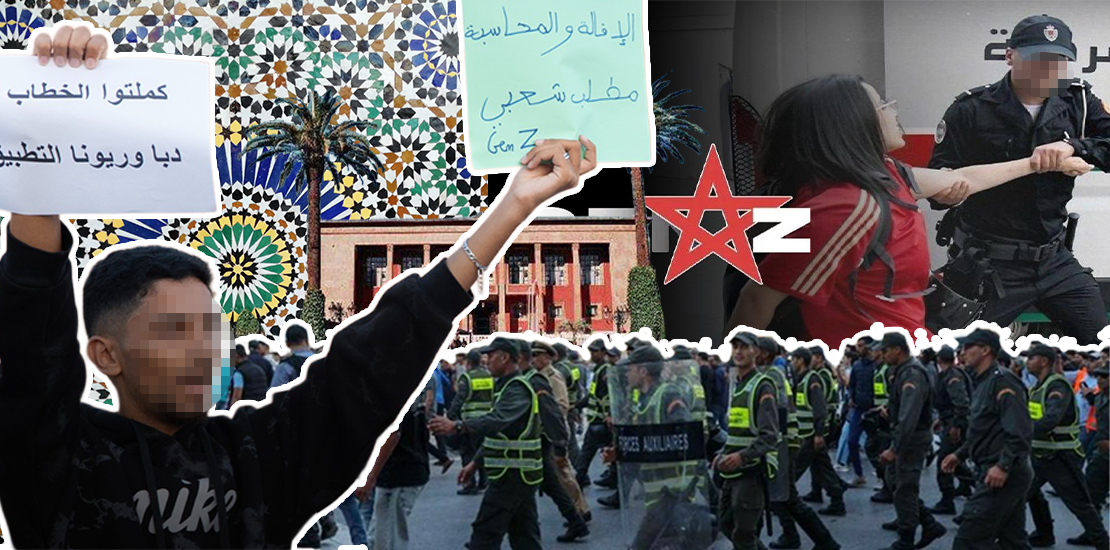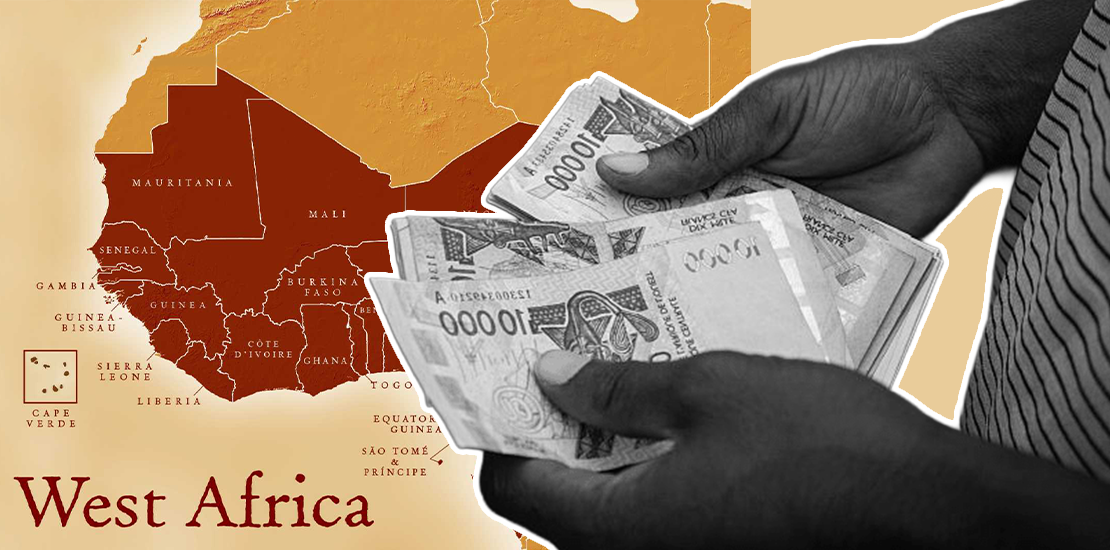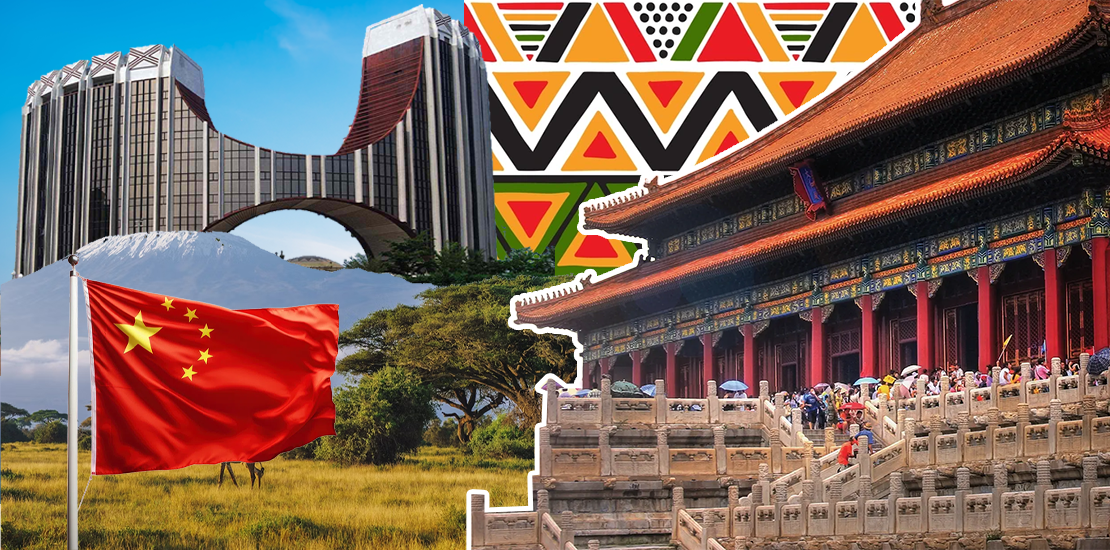The political transition in Mali, which began following two successive coups d’état led by Colonel Assimi Goïta in 2020 and 2021, has entered a decisive phase with the official announcement of Goïta’s planned departure in 2025. This deadline represents a potential turning point for the restoration of a democratic constitutional order in a context marked by multiple internal and external challenges.
Since taking power, the military junta led by Assimi Goïta has gradually imposed itself by marginalizing civilian players, militarizing power structures and ousting personalities deemed too critical, such as former civilian Prime Minister Choguel Kokalla Maïga. This increased concentration of power in the hands of the military has deeply divided Malian society. Part of the population supports the action of the military, perceived as necessary in the face of the supposed inefficiency and corruption of previous civilian elites. On the other hand, a large fringe of the political opposition and civil society denounces the progressive narrowing of democratic space, with censored media, muzzled dissident voices and political figures sometimes arrested or intimidated.
On the security front, Mali has been facing major jihadist insurgencies for over a decade, notably from groups linked to al-Qaeda and the Islamic State, as well as armed rebellions in the north of the country. The Goïta regime has justified its arrival in power by the need to reinforce the effectiveness of the fight against terrorism, which has led it to radically redefine security partnerships. Thus, in 2022, Mali pushed for the departure of the French Barkhane force and the Takuba mission, then demanded the definitive withdrawal of the United Nations Mission (MINUSMA) in 2023. These decisions left the security field almost exclusively to the Malian army, assisted by new allies, notably the Russian paramilitary group Wagner.
Thanks to Russian military and logistical support, the Malian Armed Forces (FAMa) have launched several offensives, claiming notable successes such as the recapture of the strategic town of Kidal in late 2023. Nevertheless, these successes remain fragile and disputed by some NGOs and local communities, pointing to accusations of military blunders and civilian casualties during the fighting. In addition, insecurity remains high in several central and northern regions, with an intensification of jihadist attacks exploiting the vacuum left by the departure of international forces.
The security situation is further complicated by the failure of the 2015 Algiers peace process with armed groups in the north, notably the ex-Tuareg rebels united in the Coordination des mouvements de l’Azawad (CMA). The definitive breakdown of this agreement in January 2024 and renewed armed clashes between the Malian army and the CMA threaten long-term stability and increase the risk of a new widespread conflict.
From a geopolitical point of view, Mali’s transition is characterized by a spectacular repositioning of the country on the international scene. The authorities in Bamako have made a clear shift towards Russia, reflected in the intensification of diplomatic, economic and military exchanges, culminating in Russian Foreign Minister Sergei Lavrov’s visit to Bamako in 2023. At the same time, relations with France, a long-standing partner, deteriorated sharply following the forced withdrawal of French troops. This distancing extended to Western partners in general, including the European Union and the United States, concerned in particular by the controversial presence of Wagner’s mercenaries.
On a regional level, Mali has consolidated its rapprochement with other military regimes that have emerged from recent coups d’état in West Africa, notably Guinea and Burkina Faso. This informal alliance culminated in the creation, in September 2023, of the Alliance of Sahel States with Burkina Faso and Niger, marking a gradual move away from traditional regional structures such as ECOWAS. In response to sanctions and pressure from ECOWAS, these three countries announced their withdrawal from the organization as of January 2025, a decision clearly illustrating their collective rejection of the traditional regional model, deemed too dependent on Western powers.
The democratic transition itself, initially scheduled to culminate in elections in February 2022 and subsequently postponed until February 2024, remains highly uncertain. Despite the organization of a constitutional referendum in June 2023, marked by a low turnout, the new constitution adopted has given rise to debates on the strengthening of presidential power and the possibility for the military, including Assimi Goïta himself, to stand for election. Further postponements of the presidential elections, now scheduled in principle for 2025, have heightened fears of a transition prolonged indefinitely, which could lead to a fragile legitimacy of the future civilian power.
The international community is keeping a close eye on these developments. ECOWAS, faced with major tensions with Mali and its Sahelian allies, continues to insist on a rapid return to constitutional order, while the United Nations remains limited in its capacity for action following the withdrawal of MINUSMA. France, though militarily distant, remains critical of the Malian regime, while Russia openly supports the Bamako authorities in their sovereignist and security-oriented approach.
Finally, the post-2025 period remains fraught with uncertainty. Respect for the electoral deadline promised by Assimi Goïta remains a central issue, as does the sincerity and credibility of the forthcoming ballot. The future role of the military is a major unknown: an effective withdrawal of the military to their barracks would guarantee a peaceful end to the crisis, whereas a potential Goïta candidacy could indefinitely prolong the army’s stranglehold on Malian politics. What’s more, the future civilian government will have to meet the major security, economic and diplomatic challenges inherited from the current transition if it hopes to stabilize Mali in the long term.











